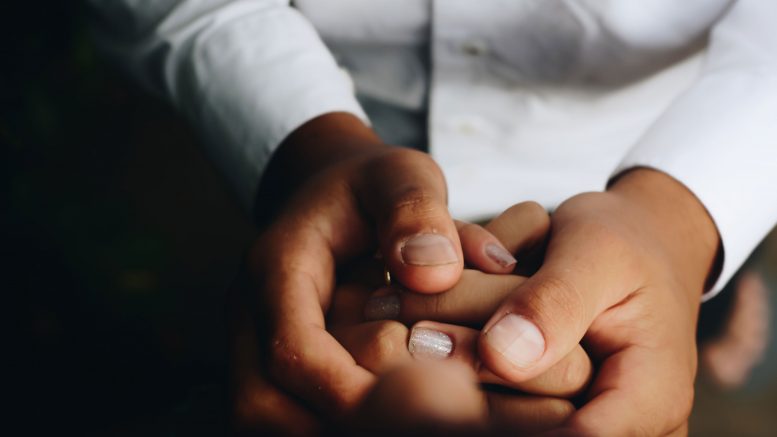Clara Barros/ Contributing Writer
“I am a white person.”
The apparent simplicity of those five words is misleading. Their importance is, in fact, colossal. On one hand, they bring to light the position and the perspective one speaks from, while on the other, they imply a certain kind of social responsibility.
When I look at the Black History Month through the lens of those five words, I cannot help but confront myself with the same question I have struggled with ever since the moment I first understood what it means to be white in a racist world: what can I do?
After coming into contact with the perspective of some black women on the issue, one thing became clear to me: white people who wish to become allies cannot limit themselves to adopting a passive, guilt-based “check-your-privilege” attitude.
Although that may even be a necessary stage in the process of understanding what one’s role in the social structure is, it is ultimately immobilizing and incapable of generating concrete, positive change.
Instead, what seems to be necessary is a bolder attitude – bold enough to leave our comfort zones, to openly challenge racism, to be willing to learn at every step of the way and, perhaps most importantly, to learn to speak with but never on behalf of people of color while we struggle together.
This involves having the humbleness to listen to those who have different life experiences from our own, but it also involves having the courage to make active use of our platforms whenever possible.
I want to convey some things that the Black History Month draws my attention to. As a person born in the last country to abolish slavery in the world – Brazil –, these are things I would like us all, but especially white folks like me, to bear in mind.
Black History Month, first and foremost, is here to remind us of a portion of our history that has often been erased — erased from our narratives, from our textbooks, from the media and the popular imagination.
It is here to remind us that this country was fundamentally built by people of color, whose enslavement was one of the biggest crimes ever committed on the face of Earth.
It is here to make us see that black and indigenous people have never received due reparations, and that they still struggle, on a daily basis, with the consequences of the past. We have a historical debt.
It is here to show us that even our concern for violence is color-selective. Why, for instance, do most people cringe at the name of Adolf Hitler, who caused the death of six million Jews, but have never heard of Leopold II of Belgium, who caused the genocide of ten million Congolese?
It is here to direct our eyes to one of the most pressing issues for racial justice today: the oppression perpetuated by the police and the prison industrial complex, which specifically target communities of color.
And, most especially for us, college students, Black History Month is here to make us question why the vast majority of authors we study are still white and European. Even the most progressive individuals often completely neglect the works and the thought of black intellectuals.
We need the Black History Month. We need to read Angela Davis, we need to listen to Malcolm X, and we need to ask why Trayvon Martin died.
Dear white people: racism is our issue, too. Let’s not run away from our responsibility.
DISCLAIMER:
The opinions presented within this page do not represent the views of Panther Press Editorial Board. These views are separate from editorials and reflect individual perspectives of contributing writers and/or members of the University community.
Photo by Matheus Ferrero on Unsplash.






Be the first to comment on "Black History Month reminds of social responsibility"